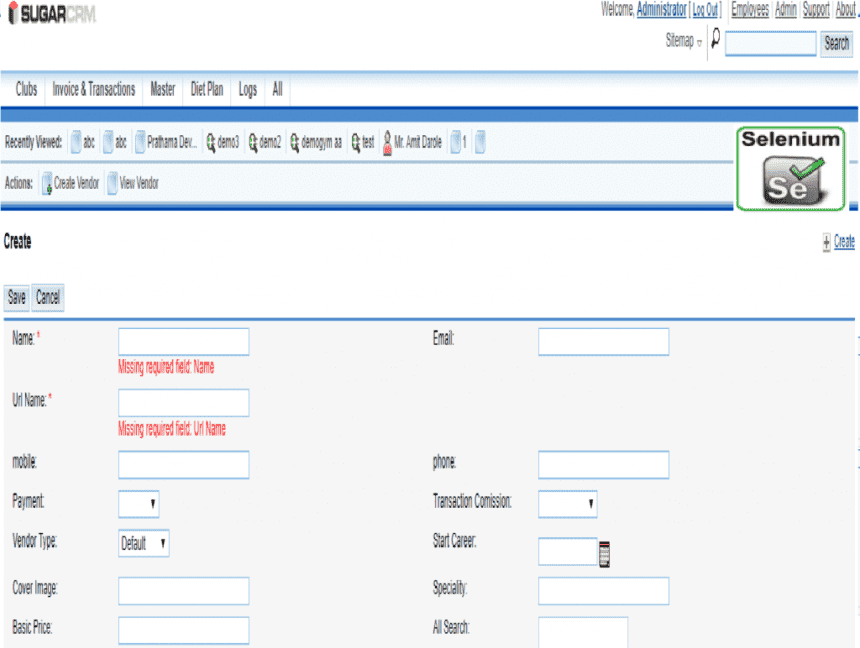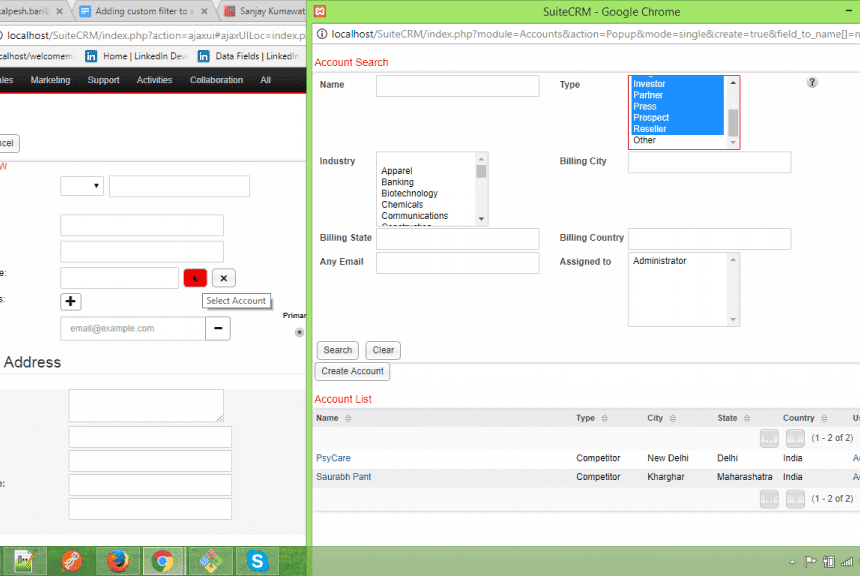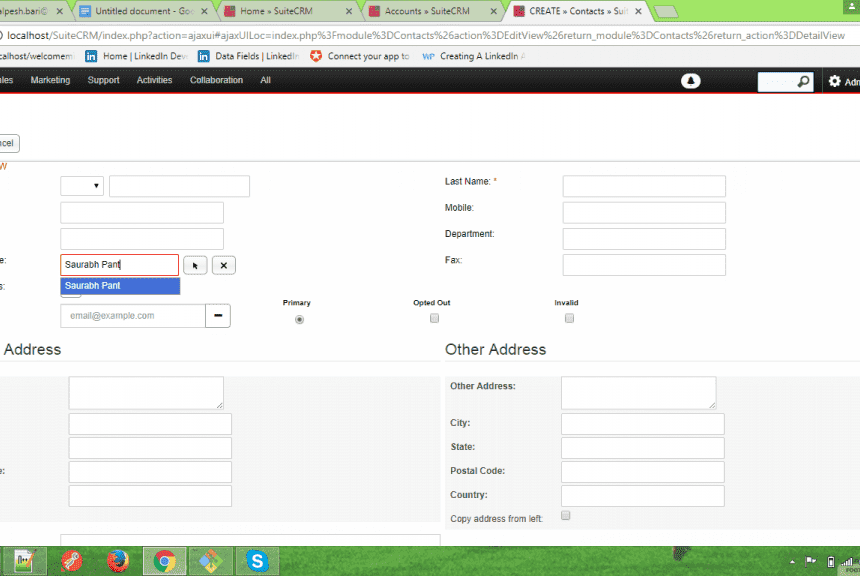SugarCRM Automation Testing
Why is SugarCRM Automation Testing Required? Every growing company needs CRM and they customize it according to the requirement for their business.CRM needs changes with the market and technical/testing team has to keep up themselves with the market. Generally, SugarCRM system is vast and manage many things other than customer relationship. In such scenario tester’s and quality control professional find it difficult to decide what to test and what not. Testing everything from the start will consume too much time increasing the cost of the product , if testers leave something untested it may lead to the quality issue. The only solution to this problem is to automate the testing and implement SugarCRM Automation Testing. How ? In Automation, Selenium is the best tool for Testing sugar CRM Here, We can access all elements and operate for testing dynamically. Validation is the process to evaluate sugarCRM quality and development phase.So, I have to find all required elements and compare Actual result to Expected Result. For, Quality check I use Chrome Driver, Chrome users are increases frequently, still, we also can use Firefox Driver. System.setProperty(“webdriver.chrome.driver”,”E:\\Driver\\chromedriver.exe”); ChromeOptions options = new ChromeOptions(); While Testing browser should disable other Extensions for automation Tool options.addArguments(“–disable-extensions”,”–test-type”); WebDriver driver = new ChromeDriver(options); Login SugarCRM using selectors id, driver.get(“http://crm.ihealthassist.in”); driver.findElement(By.id(“user_name”)).sendKeys(new String[] {“username”}); driver.findElement(By.id(“user_password”)).sendKeys(new String[]{“password”}); driver.findElement(By.id(“login_button”)).click(); When searching for Element in form, driver expires the session until element has been found, But timeout expires before throwing a NoSuchElementException and increasing the implicit wait timeout. driver.findElement(By.xpath(“//*[@id=’moduleTab_0_Vendor’]”)).click(); driver.manage().timeouts().implicitlyWait(10,TimeUnit.SECONDS) ; driver.findElement(By.id(“create_link”)).click(); driver.manage().timeouts().implicitlyWait(10,TimeUnit.SECONDS); For Validation Assertion compare both expected and Actual Result, Here, I have used “SoftAssert” because it continue with sequence even after an assertion fails in the sequence //Validate Using Assertion SoftAssert softAssert = new SoftAssert(); softAssert.assertEquals(Name_err_msg,”Missing required field: Name”); softAssert.assertEquals(Url_Name_err_msg,”Missing required field: Url Name”); softAssert.assertAll(); Please see the below video to see how SugarCRM Automation Testing works For more details for implementing Automation Testing for SugarCRM please contact here.



